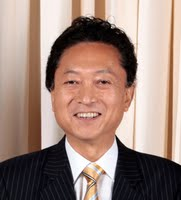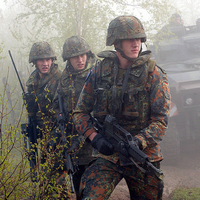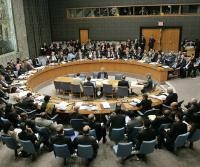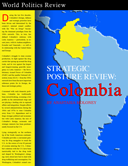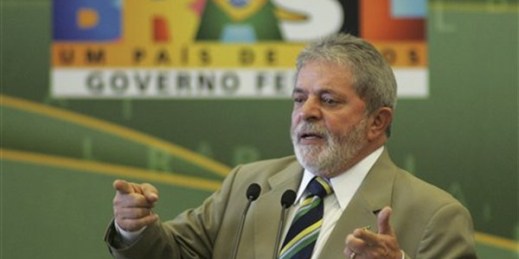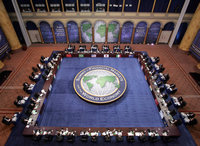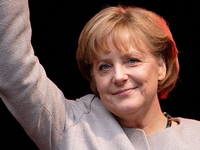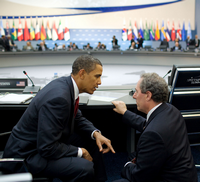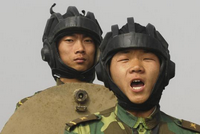
Although Taiwanese President Ma Ying-jeou’s historic rapprochement with China has ushered in a period of stability in cross-strait relations, the military imbalance between the two neighbors continues to grow. Beijing’s military modernization is rapidly dwarfing Taipei’s capabilities and blunting Washington’s ability to defend its ally in the event of conflict. Left unchecked, this growing imbalance will make it increasingly difficult for Taipei to maintain the necessary deterrent required to preserve its independence from the mainland, and for long-term stability to prevail in the Taiwan Strait. The calm that has pervaded the Taiwan Strait since Ma’s inauguration last year is certainly […]


